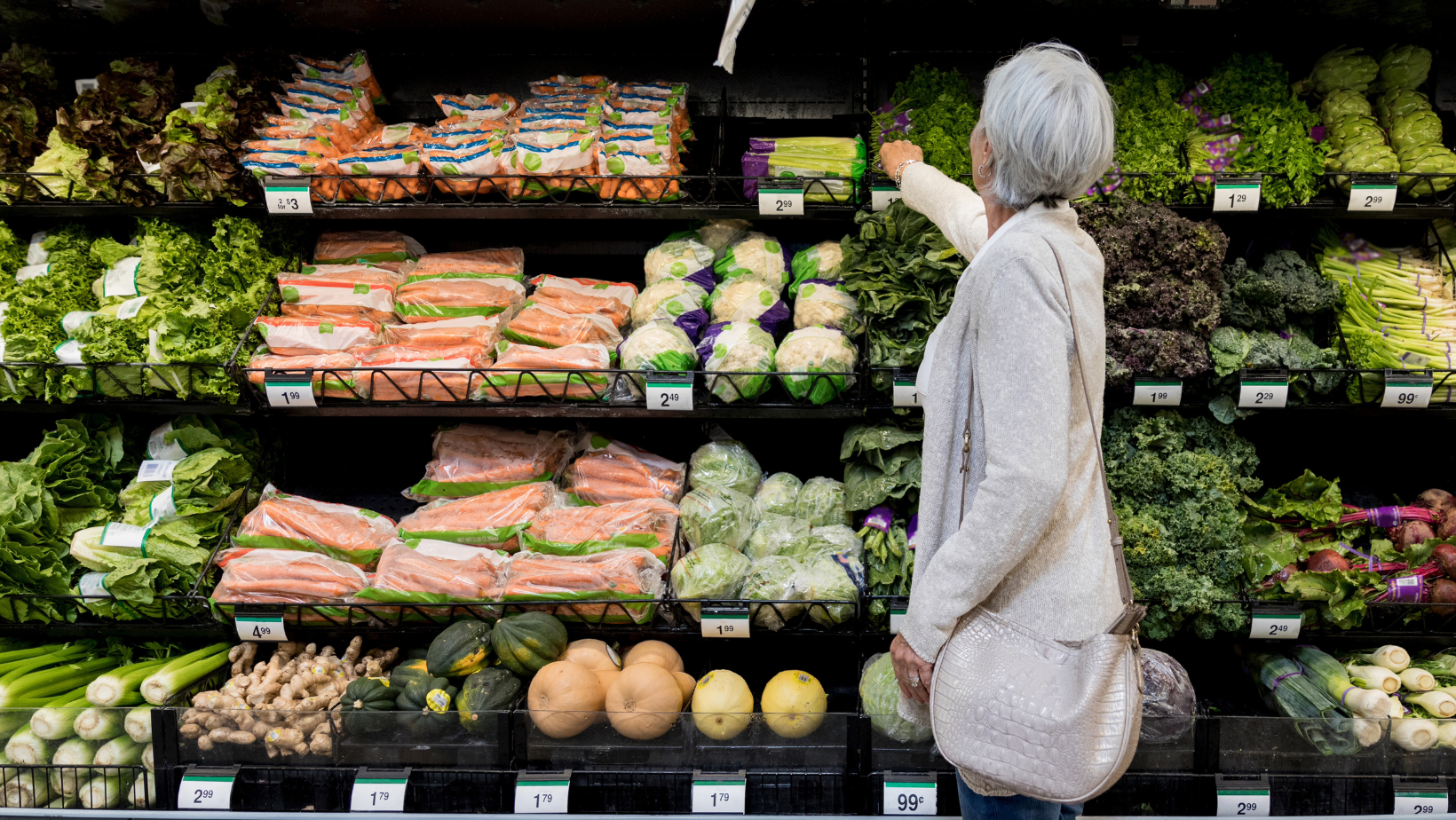Did you know that a carrot you eat today is less nutritious than a carrot your grandparents ate? That's because nutrient density, the amount of nutrition food delivers to the eater relative to how many calories it contains, has declined since their time.Your grandparents' carrots provided about the same calories but significantly more nutrients.
Today, we consume more calories with fewer nutrients than previous generations did. It's a significant concern, particularly as some of the most common chronic illnesses, such as diabetes, heart disease and some cancers, are connected to diet and nutrition. Obesity can exist alongside "hidden hunger," in which a person takes in enough calories but still suffers from nutrient gaps in their diet that can cause health impacts.
Looking at the causes of nutrient density decline can lead us back to more nutritious foods and better health.
More is less
Modern farming techniques are primarily to blame for nutrient density decline. Industrial-style agriculture prioritizes efficiency and yields above all else, and that comes at a cost. High-yielding seeds, synthetic fertilizers and pesticides have increased cereal yields by 175% since 1961, but high productivity can come at the cost of less nutritious food and negative impacts on the environment.
Luckily, the same practices that restore soil health and reduce fertilizer and pesticide dependency also increase nutrient density. These practices are part of a localized approach to food production and farming known as regenerative agriculture. Regenerative agriculture can help us produce better food while restoring environmental services such as air and water filtration and recycling nutrients in a resilient ecosystem.
Today, compelling social, environmental and scientific trends are converging to reshape how we think about our food. The newly-formed Nutrient Density Alliance follows in the footsteps of existing organizations exploring nutrient-dense food to improve human and planetary health.
The Nutrient Density Alliance is a coalition of environmental nonprofits (including the Non-GMO Project) and innovative brands working to provide eaters with reliable and meaningful data on the nutrients in their food, empowering them to act intentionally to preserve their health and well-being.
Nutrition = taste
When it comes to nutrition, we're only beginning to learn how much we don't know.
Researchers using the latest technology are mapping the nutrients that make up our food (imagine a culinary version of the Human Genome Project). Early estimates have identified more than 26,000 individual chemical compounds. To put that number in perspective, side panels on products at the grocery store currently offer information on up to 150 or so chemical compounds — less than 1% of what we now know exists. The other 99% is referred to as nutritional dark matter — a diverse galaxy of bioactive compounds largely unknown to the public who consumes them daily.
In the meantime, each of us is born with natural nutrient density detectors: our taste buds. "Nutrition equals taste," says Tina Owens, a senior fellow at the Nutrient Density Alliance. "When you eat a strawberry that's beautifully red but it tastes like cardboard? That is your body knowing the difference." Regenerative agriculture and nutrient density hold the key to the foods your body remembers from a generation ago.
Identifying the functions and therapeutic potential of nutritional dark matter could entirely upend how we think about, produce and consume our food — healing our bodies and our planet at the same time. The movement toward regenerative agriculture and nutrient density is only getting stronger as more innovative certifications and passionate advocates join the cause.
And not a moment too soon.

